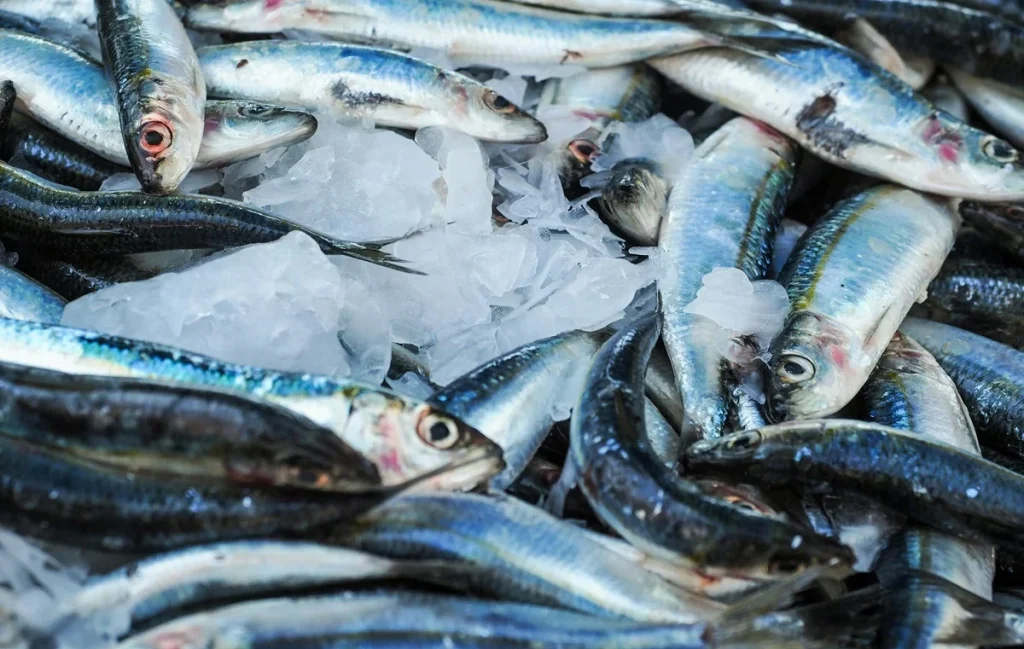Context:
Climate Risks Projected to Cause Significant Declines in Global Fish Biomass.
Key Findings of the Report
- The Food and Agriculture Organization of the United Nations (FAO) has released a report predicting a decrease of 10 to 30 percent or more in exploitable fish biomass if emissions are not halted by the end of the century.
- The report was released during the 36th session of the Committee on Fisheries (COFI36) recently held at FAO headquarters in Rome.
- The report, titled “Climate change risks to marine ecosystems and fisheries: Projections to 2100 from the Fisheries and Marine Ecosystem Model Intercomparison Project, Produced by the Fisheries and Marine Ecosystem Model Intercomparison Project (FishMIP).
FishMIP is an international network of researchers working with FAO to understand the long-term impacts of climate change on marine ecosystems and fisheries around the world.
The Committee on Fisheries (COFI)
- It is a subsidiary body of the FAO Council, was established by the FAO Conference in 1965.
- It is the only global inter-governmental forum where FAO Members meet to consider the issues related to fisheries and aquaculture
About FAO
- The Food and Agriculture Organization (FAO) is a specialized agency of the United Nations that leads international efforts to defeat hunger.
- Its goal is to achieve food security for all.
- Members: 194 countries and the European Union.
- Established on 19 Oct 1945.
High-Emissions Scenario
- Under a high-emissions scenario, where global warming reaches 3-4°C, many regions will see a decline of over 10% in fish biomass by mid-century.
- Countries heavily dependent on aquatic food protein (e.g., Solomon Islands, etc) and major global fish producers (e.g., China, Peru) are among those facing the largest declines.
Low-Emissions Scenario
- In contrast, a low-emissions scenario projecting global warming of 1.5-2°C would result in more stable conditions.
- By the end of the century, changes in exploitable fish biomass across 178 countries and territories would range between no change and a decrease of 10% or less.
Impact on Major Fishing Nations
- Seven countries, which accounted for 48% of global marine captures in 2022, are likely to experience biomass losses under both emissions scenarios.
- These nations include China, India, Indonesia, Peru, Russia, Vietnam, and the United States.
Regional Variations
- Significant declines in fish biomass are projected for 60% of Asian countries by mid-century.
- Europe, as the third-largest fisheries producer, shows mixed outcomes; Russia and the Eastern Mediterranean may see increases, but in most countries, fish biomass will decline.
- Oceania faces severe losses alongside additional climate risks.
Recommendations
- It recommends improving the accuracy of climate impact ensemble modeling for marine ecosystems and fisheries.
- It emphasizes the need for capacity building through tools and training to meet future policy requirements.

